
How to Boost Brain Function
The four most effective ways to help our brains are:
- Exercise: This increases blood flow to the brain and helps the brain cells function.
- Be socially engaged: Engaging in a conversation stimulates thinking.
- Learn: Continuous learning keeps the brain active.
- Eat healthy brain food.
Healthy food for the brain
The food we eat plays a role in keeping the brain healthy and can improve specific mental tasks such as memory and concentration.
- Leafy green:
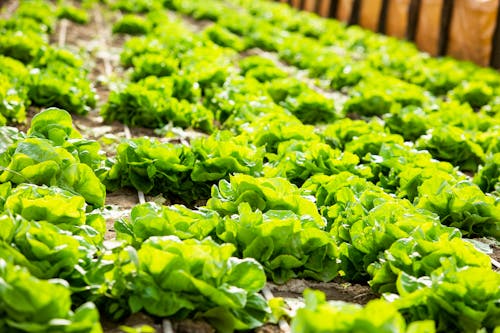
Leafy green veggies contain lutein. Lutein is a type of vitamin that is neuroprotective. It supports the structure and function of the neuronal membrane, the layer that encloses and protects neurons. When the neuronal membrane is healthy, cognitive function is healthy as well. This means, amongst other advantages of leafy vegetables, your memory stays stronger as you grow. - Fish:

Fish is an excellent choice for brain health. More than half of the brain is made up of fatty acids, which the brain needs to stay strong. The best fatty acids for the brain are called (DHA) and (EPA). This can be gotten from sardines, salmon, and tuna, which are rich sources of omega-3 fatty acids. The brain uses omega-3 to build nerve cells, which are essential for learning and memory. In general, fish is very good for the body’s overall health.
- Berries:
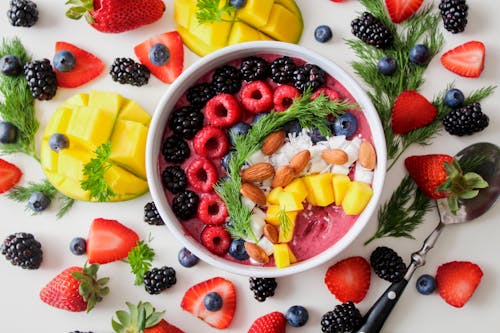
Berries help the brain get lots of protective antioxidants. Antioxidants act against both oxidative stress and inflammation, a condition that may contribute to brain aging and neurodegenerative diseases. The antioxidants in blueberry accumulate in the brain and help improve communication between brain cells. - Eggs:

This has several healthy nutrients including Vitamin B6, B12, Folate, Choline which are important for proper brain functioning and development. - Coffee:

two main components in coffee are caffeine and antioxidants which are both useful for the brain. Caffeine in coffee keeps the brain alert by blocking a chemical messenger that makes you sleepy, it improves mood, and it sharpens concentration. Antioxidants in coffee help reduce the risk of neurological disease. - Olive oil:

this is one of the healthy oil that helps preserve brain function and prevent cognitive decline are we age. Adding olive oil to your food regularly protects memory and learning capacity. - Turmeric:
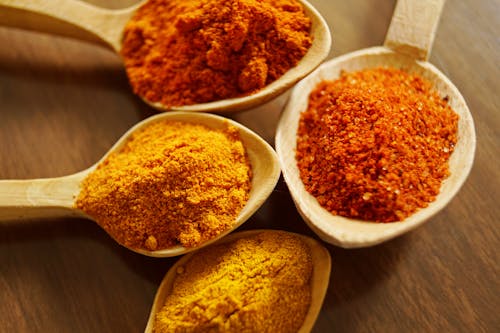
This spice has good benefits for the brain. Curcumin is an active ingredient in turmeric that has been shown to cross the blood-brain barrier meaning it can directly enter the brain and benefit the cells there. Curcumin also eases depression, helps new brain cell growth. - Broccoli:
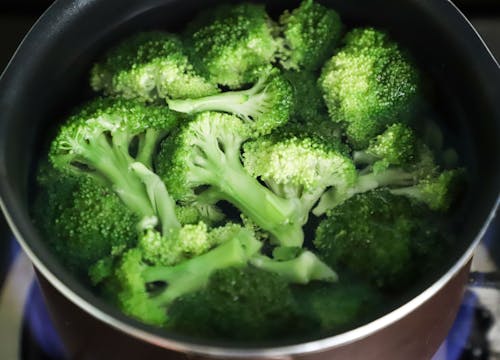
this protects the brain against damage, it is packed with powerful compounds including antioxidants, it is also very high in vitamin K which better memory. This soluble vitamin is essential for forming sphingolipids(a type of fat that is densely packed into brain cells) - Dark chocolate:

this contains brain-boosting compounds including flavonoids, caffeine, and antioxidants which enhance memory and slow down age-related mental decline. - Nuts:
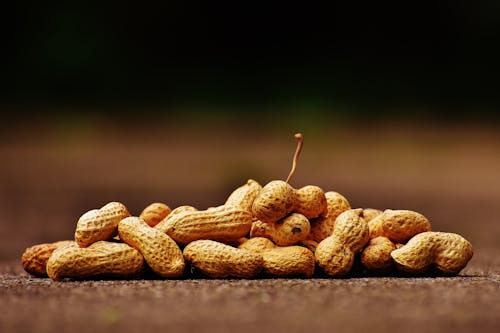
there are several nutrients in nuts that are very good for the body’s overall health. Nuts contain a host of brain-boosting nutrients including vitamin E, healthy fats, and plant compounds.
Other Nutrients/Supplement for brain health
- Vitamin C: You can get all the vitamin c you need in a day by eating one medium orange. Vitamin c is a key factor in preventing mental decline, it is a powerful antioxidant which helps fight off the free radicals that can damage brain cells, it also supports brain health as you age. You can also get an excellent amount of vitamins from bell peppers, guava, kiwi, tomatoes, and strawberries.
- Proteins: Protein helps the brain reduce amyloid-beta. There are animal-based protein(protein gotten from livestock) and plant-based protein(protein gotten from crops), example are beans lettuce,
- Fatty acids: When talking about brain health we can’t skip fatty acids. Food sources for these are walnuts and fish.
- Sleep: Sleep is very important for our brain, it helps our memory.
Conclusion
The development of brain disorders is preventable if the brain is healthy at all times.






0 Comments